While reporting about the Korean Christian Pastor Pang Chang, BBC claimed that Pang has opened nearly 70 churches in his two decades in Nepal, mostly in Dhading district, two hours north-west of the capital Kathmandu. Pang told BCC that people are donating the land, and Korean churches are helping with construction costs.
"That may be an exaggeration, but there's no doubt there has been a huge increase in the number of churches all over Nepal in recent years. The latest data from the national Christian community survey says there are now 7,758 churches in the still overwhelmingly Hindu country," BBC reported.
BBC reported that South Korea has become one of the world's biggest missionary-sending nations - only a couple of decades after it started deploying them - with more than 22,000 abroad, according to the Korean World Mission Association.
"I was shocked to see so many idols being worshipped"
Although Nepal passed a law against religious conversion under which if anyone convicted would be sentenced to jail for up to five years, Christian conversion activities have grown rapidly across the country.
Regarding the anti-conversion law, Pang's wife, Lee Jeong-hee said, "We are always working with the anxiety and nervousness we feel from the anti-conversion law. But we can't stop the spread of the gospel because of this fear. We will not stop saving souls."
While speaking with the BBC, Pang said that when they arrived in 2003, a Hindu royal family was still on the throne.
"I was shocked to see so many idols being worshipped," says Pang. "I felt Nepal was in desperate need of the gospel." Five years later, the 240-year-old monarchy was abolished following a decade of civil war, and a coalition government came to power, declaring Nepal a secular republic in 2008. "This began the golden age for missionary work," Pang said.
BBC reported some shocking revelations. It reported that Pang and his wife are part of a community of around 300 Korean missionary families currently in Nepal. In Kathmandu, the Korean community is largely clustered around the southern suburbs of the capital. None of the congregations are officially missionaries. They're on business or study visas. Some run restaurants, while others have registered charities. He doesn't view their work as breaking the law because, in his mind, they are not openly proselytising or baptising. In 1951 there were no Christians in Nepal, and just 458 in 1961. But by 2011, there were nearly 376,000, and the latest census estimates the community is now around 545,000. The World Christian Database claims Nepal has one of the fastest-growing Christian communities in the world. According to the Federation of National Christian Nepal, as many as 65% of Christians are belonging to backword families.
'Organised attack on the cultural identity of the country'
According to the BBC report, while speaking regarding the Christian missionaries' activity in Nepal, former Deputy Prime Minister Kamal Thapa said that the activities of Christian missionaries are an organised attack on the country's cultural identity. He said, "Missionaries are working behind the scenes and exploiting the poor and ignorant people and encouraging them to convert to Christianity. This is not a case of religious freedom. This is a case of exploitation in the name of religion." Kamal Thapa raised several questions about the activities of Christian missionaries in the country. He also claimed that missionaries converted the Hindus and Buddhists under superstition. He also claimed that international Christian organisations have invested a lot of money to convert the Nepali people. He supported the anti-conversion law; however, not a single Christian missionary has been convicted under the law.
Conversion efforts of Korean missionaries in Nepal
It has been reported that more than 2,000 Nepali students travel to Korea for their studies each year. They take the help of the Korean missionaries working in Nepal for visas and other facilities to reach Korea. These students connect with the local churches once they reach Korea. As a result, some of these students attract towards Christianity under the influence and enticement of local Christian missionaries. After returning home, they start conflicting with their parents. BBC reported a similar case - In his 20s, one Dilli Ram Paudel went to study in Korea, where he was introduced to Christianity. Church people gave him Korean Bible, available in the Nepali language. After reading the Bible and he decided to convert to Christianity. When he returned to his family and informed them about his conversion, the family members started opposing him, saying it was a foreign religion. BBC reported that Dilli Ram Paudel belonged to a devout Hindu family, and he was ordained as a Hindu priest before going to Korea. However, now he is working as a pastor targeting the Hindus and Buddhists to convert them to Christianity in Nepal. Many such Dilli Ram Paudel are now working across Nepal due to systematic and consistent efforts of Koran Christian missionaries. As a result, Nepal is now experiencing a conflict between two generations in families and the destruction of their bonding. The prime activity of Christian missionaries is to convert non-Christians to Christianity. They have been converting people since its formation. Their activities have been seen to increase in other Asian countries too.
Sources:
https://www.bbc.com/news/world-asia-64235873
https://www.recordnepal.com/why-many-nepalis-are-converting-to-christianity
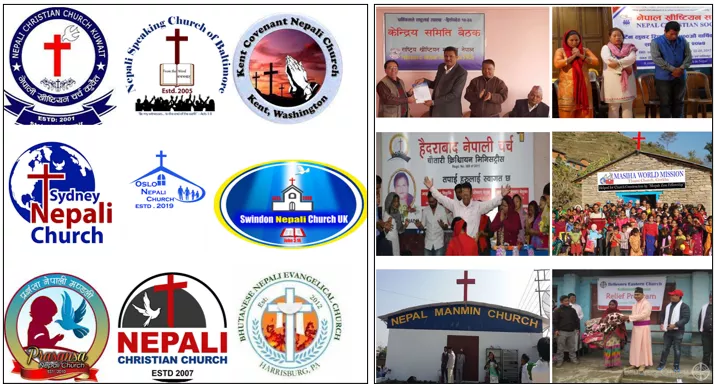
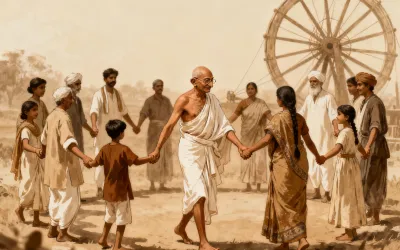

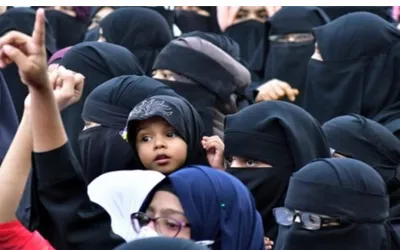
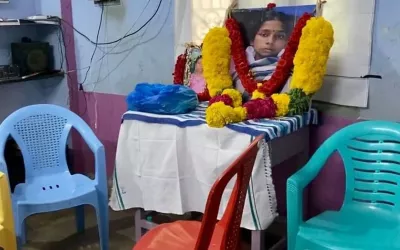




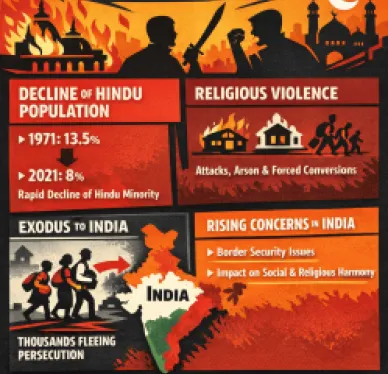

Comments
Add new comment